Bamboo Experiment: A Sustainable Future
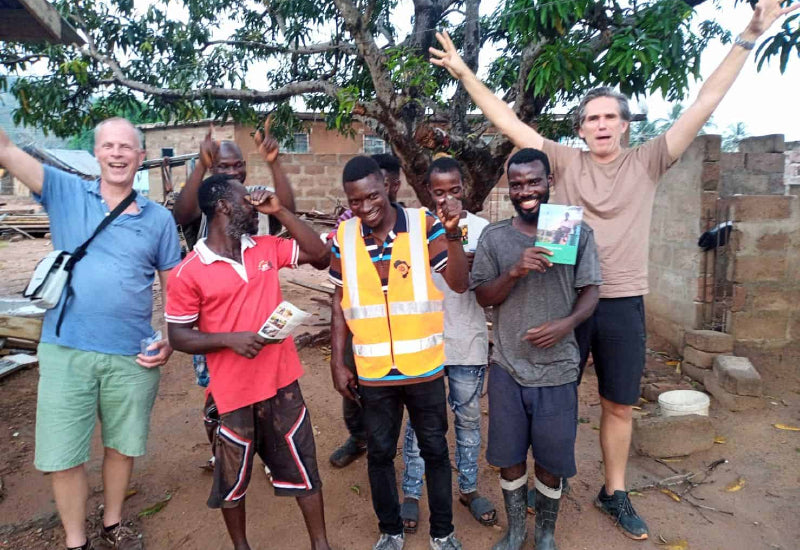
The Good Roll joins forces with Safisana to improve the living conditions of farmers in Ghana and increase their income! Safisana is a social enterprise based in Weesp, with a branch in Ghana - just like us! Safisana's mission is to transform organic waste into valuable products in low- and middle-income countries. They do this by setting up and running recycling factories right in the middle of local communities. Bamboo plays a crucial role in the production of paper and is the star of this story. And that is exactly where this great collaboration comes to fruition.
The bamboo project
This project is about experimenting with organic fertilizers in collaboration with Ghanaian farmers to see how well the fertilizers can boost the growth of bamboo. We do not only want to take the bamboo, but also the entire bamboo production in Ghana to a higher and more sustainable level. According to Daniel Larkai, Head of Agronomy at Safisana, bamboo normally grows in the wild and no artificial fertilizers or other fertilizers are added to it. Our collaboration with Safisana is therefore focused on improving the quality and quantity of bamboo that we can harvest with this experiment.
Our mission
Jeroen Zevenbergen, Operations Manager of The Good Roll in Ghana: 'We are building a paper mill that can produce approximately 25 tons of bamboo pulp annually. Our mission is to become the world's first Fair Trade toilet paper brand and at the same time have a positive impact on local farmers. Once the mill is operational, we will work with approximately 1,000 local Ghanaian farmers. We will help them by setting up farmer associations, and we will even start a nursery to cultivate bamboo sticks. We will give these cuttings to the farmers so that they can increase their production. The goal is to give the farmers more yield and income in an environmentally friendly way, and without having to give up extra agricultural land. This bamboo cultivation test, in collaboration with Safisana, is a step in that direction.
The Experiment
We are going to test the effectiveness of using organic fertilizers on bamboo, and we are doing this on farmers’ fields next to the Safisana recycling plant in Ashaiman. This plant is part of the Ghana Irrigation Development Authority. We have just started planting organic bamboo plants that we received from INBAR, an organization that promotes sustainable development through bamboo and rattan. The experiment is expected to last about two years. Daniel Larkai explains: ‘We are going to test four different plots of land. On one plot we will not use any fertilizer at all, and on the other plots we will add different amounts of Asase Gyefo in the planting hole - to be precise one, two and three kilograms. That way we can find out which amount works best.
The Versatility of Bamboo
We want to make farmers aware of the amazing versatility of bamboo, a natural and environmentally friendly resource. 'In Ghana, bamboo is currently seen as a weed that is often burned. That is actually a shame,' says agricultural scientist Daniel Larkai, 'because bamboo is actually a very multifunctional and valuable product. It is as strong as steel and can serve as a sustainable alternative in construction instead of iron bars. It can even replace cotton in clothing. In addition, it is a source of sustainable energy, and for farmers it can help with soil remediation and the removal of contaminants, such as heavy metals, from the soil.'
Larkai is confident that our experiments with organic fertilizers will increase overall bamboo production. In short, bamboo has so much undiscovered potential, and we hope that these research efforts will inspire farmers to fully embrace the possibilities of bamboo.
Keep rolling with us
-
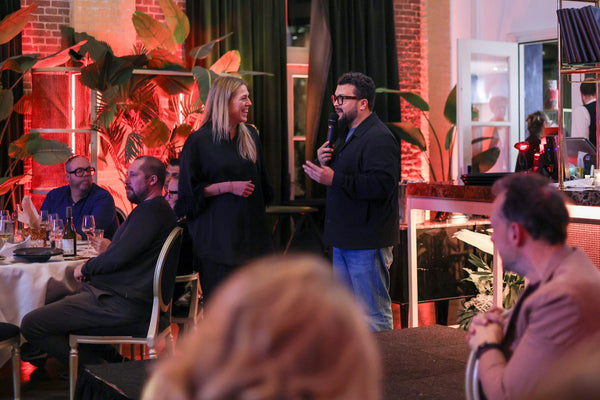
Wereld Toilet Dag
-
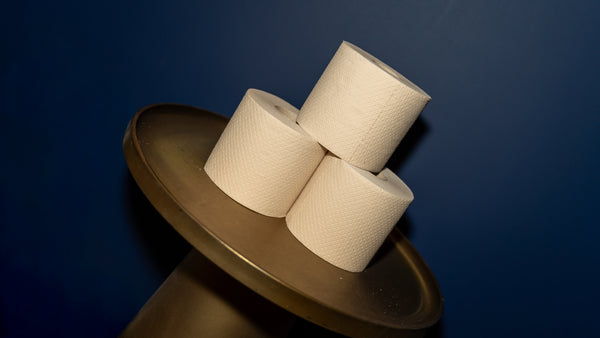
Wat is het verschil tussen 1-laags, 2-laags en 3-laags toiletpapier?
-
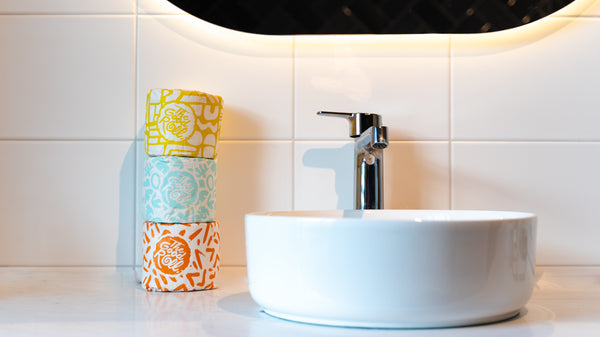
De impact van traditioneel toiletpapier op het milieu
-
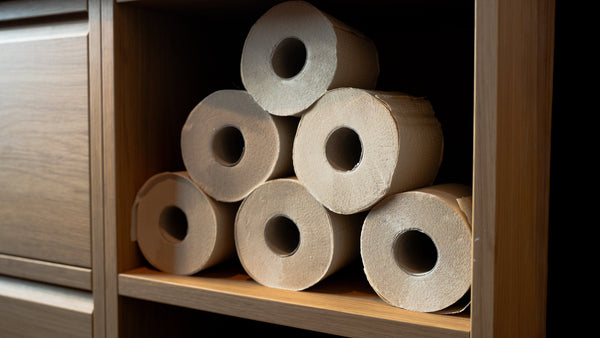
Wat is ecologisch toiletpapier en waarom zou je het gebruiken?
-
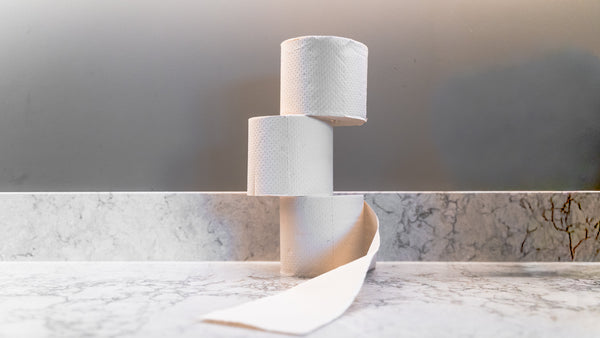
Wat is het verschil tussen gerecycled, ongebleekt en bamboe toiletpapier?
-
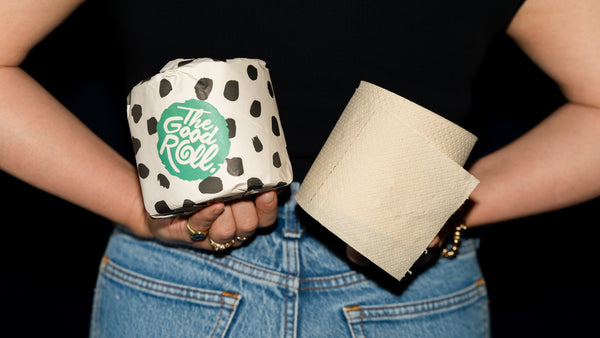
Is bamboe toiletpapier duurzaam?





